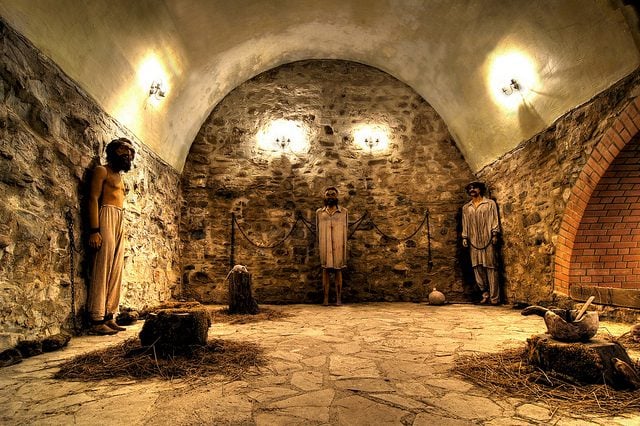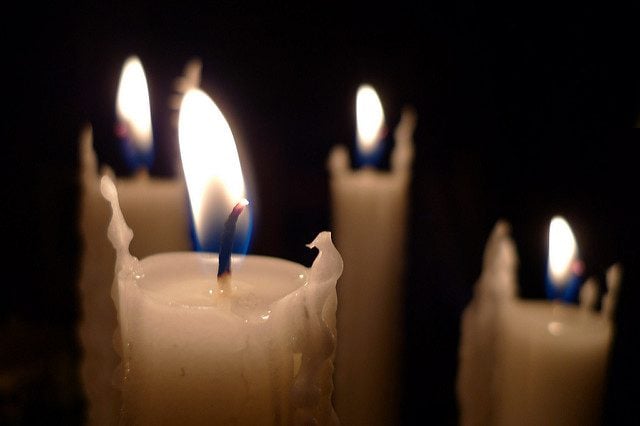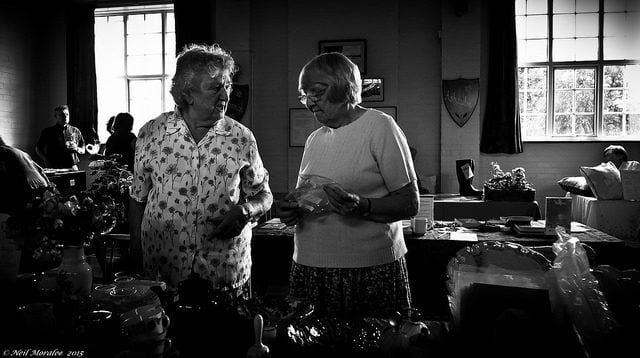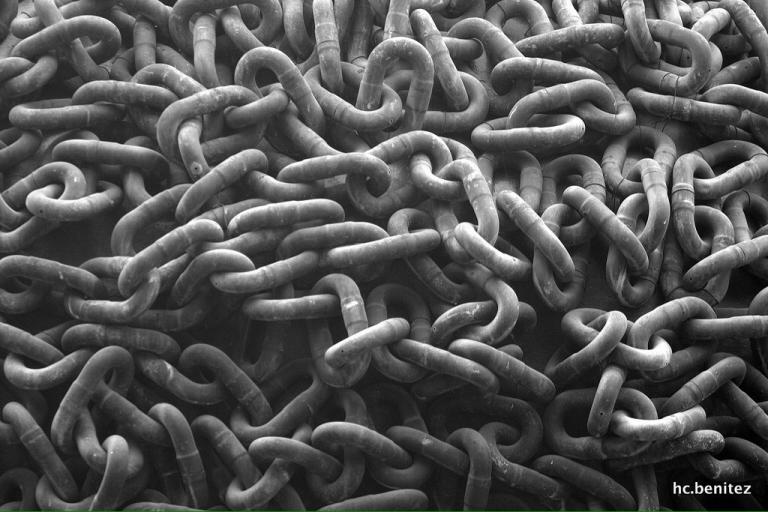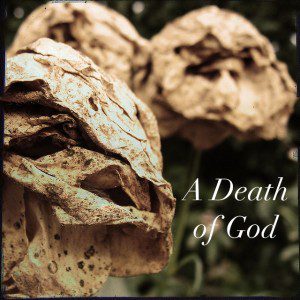
Over the next week, I will be posting a three-part essay on the death of God, my experience of it, and my search for meaning through it. I know that much of what I write here intersects with the Death of God movement, but I also hope that I will add something to that conversation as well. I invite you to walk with me and dialogue with me.
God has died.
And when it happened, I wept.
I wept for the loss of my Beloved. I wept for the loss of meaning. I wept for the loss of many things. I grieved God’s death.
I grieved it for more than a decade after it happened, because before then, I could not fathom the death of God, even though I experienced it, lived it, tumbled through it, had my soul scraped dry by it.
For more than a decade, I have searched for answers and tried to wrestle an angel that wasn’t there. For more than a decade, I have attempted to explain this death, to unravel through graduate work; through mounds of theological books; through liturgies, retreats, prayer and contemplation; through a spiritual life that denied its fundamental, constitutive truth.
God has died.
When I saw this clearly recently, I felt as if I could finally be swept away by a rushing wind. I felt as if my tongue had been set ablaze. I felt liberated to be who I already was.
But first, let me be clear as to what I am not saying. I am not saying I am an atheist, or even an agnostic, though this is a common reaction. Nor am I making a totalizing statement that God is dead in an historical way, as if it were an isolated event in the history of humanity as in the 1960s Death of God movement. Nor am I parroting Nietzsche who said that God is dead and we are God’s murderers, or that religion is dead, or that modern humanity has lost its ability to see the sacred, or the death of a certain outdated concept of God.
What I am talking about is that the death of God is a profoundly spiritual and Christian experience, one that, while we perhaps should not seek it, we should embrace it.
That God has died does not mean that God is unimportant just as the death of a spouse, a parent or a child does not diminish that beloved person’s importance. Nor does it mean that God ceases to be real, just as the death of a beloved does not cause her or him to be any less real to us. Their lives, their influences, their ideas, their vision, their entire existence — even their death — continues to shape our whole beings. Nor does it mean we cease to have a relationship — a personal connection — with God.
Certainly, the death of God transforms all these things, but it does not negate them or obliterate them into meaninglessness. In fact, that God has died adds a more profound, mystical element to our union with God. In death, we engage with God traumatically with burning grief, aching anger and unrepentant honesty that can escape us with the living. We see God with clearer eyes. Permanent absence has that tendency, to sharpen our vision of that which we cherish and that which we despise about the Absented One.
A common challenge to the notion of the death of God, as seen in the Death of God movement in the 1960s and 1970s, was that it was little more than veiled atheism or agnosticism. I am convinced that it was quite the opposite, for a God that dies is a God that refuses to be imaginary, a God that jolts humanity with the divine death. That God has died speaks to God’s determination to experience that which is most real for all humans, that which comprises the grounded being of all human existence: death. It is the ultimate and radical act of solidarity of God to die with God’s creation.
It is the foolishness of God.
God has died.
Thanks be to God.
Coming Tuesday: The Orthodox Death of God.


